The Donald Trump administration has announced a dramatic overhaul of U.S. refugee-resettlement policy for fiscal year 2026, reducing the admissions ceiling to 7,500, the lowest level since the programme’s creation, and earmarking a significant portion of those slots for white South Africans, particularly members of the Afrikaner minority. Released in a notice to the Federal Register, the Administration stated the refugee cap is “justified by humanitarian concerns or is otherwise in the national interest.” Under the policy, priority admission will go to “Afrikaners from South Africa … and other victims of illegal or unjust discrimination in their respective homelands.”
This decision marks a major departure from traditional U.S. refugee policy frameworks, which typically prioritise individuals fleeing war, conflict, or state persecution broadly, rather than selecting by ethnicity or race. The reduction from ceilings of up to 125,000 under previous administrations to just 7,500 underscores a sharp pivot in U.S. humanitarian admissions.
Administration officials justify the shift by referencing claims that South Africa’s white minority, descendants of Dutch and French settlers commonly known as Afrikaners, face land expropriation, farm attacks, and race-based harassment. These assertions, however, have been repeatedly rejected by South African authorities, who describe the claims as unfounded and politically motivated.

The move has provoked widespread condemnation from refugee-advocacy groups and numerous Democratic lawmakers in the U.S. Critics argue the policy both undermines the refugee-programme’s humanitarian principles and uses it as a vehicle for racial favouritism. The International Refugee Assistance Project stated that pivoting the refugee system towards one racial group “undermines both humanitarian principles and the credibility of the refugee programme.”
There are also concerns that the Administration did not adhere to required consultations with Congress before implementing the new ceiling, a procedural requirement under U.S. refugee-admissions law. On the diplomatic front, the policy has added tension to U.S.–South Africa relations. South African President Cyril Ramaphosa has strongly rejected the narrative of a white-minority “genocide” and asserted that land-reform efforts are aimed at addressing economic disparities rather than targeting a particular race.
The policy change is part of a broader restructuring of the U.S. refugee-resettlement operating model. Under the new framework, responsibility for refugee-resettlement contracts will shift from the State Department’s Bureau of Population, Refugees and Migration to the Office of Refugee Resettlement (ORR) within the Department of Health & Human Services. Observers interpret this realignment as placing the refugee programme firmly under welfare-management rather than traditional diplomatic-humanitarian oversight, signalling a more restrictive posture. It aligns with earlier actions by the Administration, including suspensions and deep reductions of refugee admissions across multiple regions.

Refugee-resettlement experts warn that the decision risks sidelining individuals from conflict-zones such as Afghanistan, Syria, Sudan, and Venezuela, areas historically prioritised under U.S. admissions policy. With the global refugee population exceeding 40 million, the reduction to 7,500 places is viewed as a retreat from long-standing American leadership in refugee protection. By concentrating admissions on a single ethno-racial group, the policy also raises significant questions about the United States’ adherence to international refugee-law protocols, which emphasise protection of individuals facing persecution based on race, religion, nationality, political opinion or membership in a particular social group — but not preferential treatment for one race.
Within South Africa, the reception has ranged from disbelief to anger. The government dismissed the claims of Afrikaner persecution as inaccurate, while some farm-group lobbyists noted farm-attack concerns but rejected characterisations of systemic racial targeting. Thousands of white South Africans have reportedly already shown interest in applying, with the U.S. embassy in Pretoria receiving thousands of inquiries. Some dozen families have already relocated under earlier fast-track arrangements.
As the fiscal year begins on 1 October 2025, the U.S. refugee-admissions programme will operate at a dramatically reduced scale. With priority places directed to a narrowly defined group, the policy will test the limits of the U.S. refugee system’s global role, domestic legal frameworks, and its reputation for humanitarian leadership. Critics expect legal challenges to follow over process and discrimination concerns.
For African governments and civil-society organisations, the shift will necessitate reassessment of migration partnerships with the U.S. and reevaluation of resettlement opportunities. For refugee-advocacy communities, the move signals a need to redirect efforts towards alternative pathways for protection and resettlement for vulnerable populations. Whether this restrictive refugee formula becomes a one-off decision or a precedent for future U.S. policy remains to be seen. But the 7,500-cap milestone and prioritisation of white South Africans mark a clear crystallisation of a more restrictive era in American refugee admissions, and a broader recalibration of how refugee status is being defined and allocated globally.



